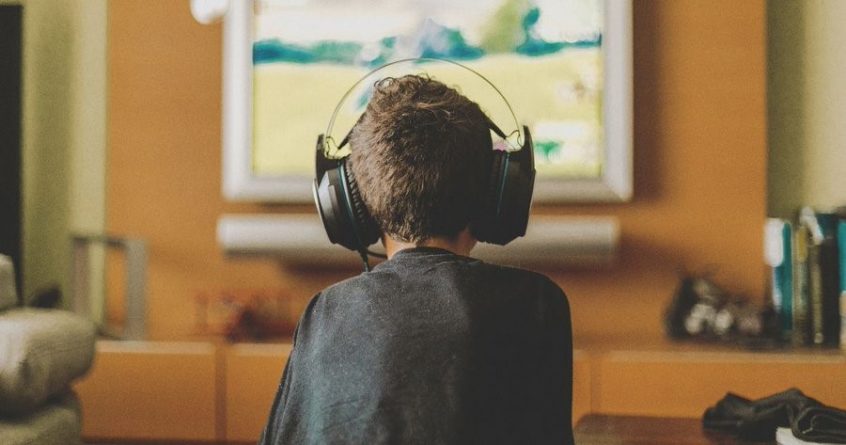As the parent or grandparent of a teenager, would you ever be convinced that gaming for several hours a day would be completely harmless?
No, I thought you wouldn’t. Well, consider the OxWell Student Survey, one of the largest school surveys of adolescent health and wellbeing in England, in which more than 12,000 secondary school students (12-18 years) took part in the latest survey on how much they game.
Almost one-third of students who answered questions on their gaming reported spending at least three-and-a-half hours each day playing games on any electronic device (classed as “heavy” gamers), but a fifth reported not engaging in any gaming at all.
The study identified different profiles of these heavy gamers based on their psychological wellbeing, how much time they spend playing games on different electronic devices, and how much control they have over their gaming behaviours.
They found most of the heavy gamers didn’t feel any negative effects as far as their wellbeing is concerned, and 44% of heavy gamers reported higher wellbeing than those who play games less or not at all. Lead author Dr Simona Skripkauskaite from Oxford University, said: “Our findings suggest there is a change in how adolescents are spending their free time with a substantial proportion choosing to spend most of this time playing video games. It is reassuring to see that, for most, this is not related to co-occurring wellbeing issues or ill mental health.
“These findings suggest that, rather than worrying about the time spent playing video games, we should explore the opportunity of video gaming as a potential tool to find more affordable, creative and less stigmatising ways to reach and help adolescents experiencing emotional and behavioural difficulties.”
It’s not all so reassuring. One in 12 adolescents who were heavy gamers did report a loss of control over gaming and wellbeing issues. They were more likely to be female and engage in gaming on their mobile phones. They were also, however, more likely to have previous experiences of abuse or anxiety and aggressive behaviours, suggesting that those with mental-health issues may turn to gaming as a coping mechanism.
Co-author Mina Fazel, Oxford Professor of Adolescent Psychiatry, said: “Our findings are similar to those in adult gaming populations and highlight the majority are not experiencing negative effects by gaming.
“There is, however, a subgroup of adolescents who are more likely to show signs of problematic use of gaming and lower mental health, and these findings can help us better identify these young people who are more likely to be females using phones.”

